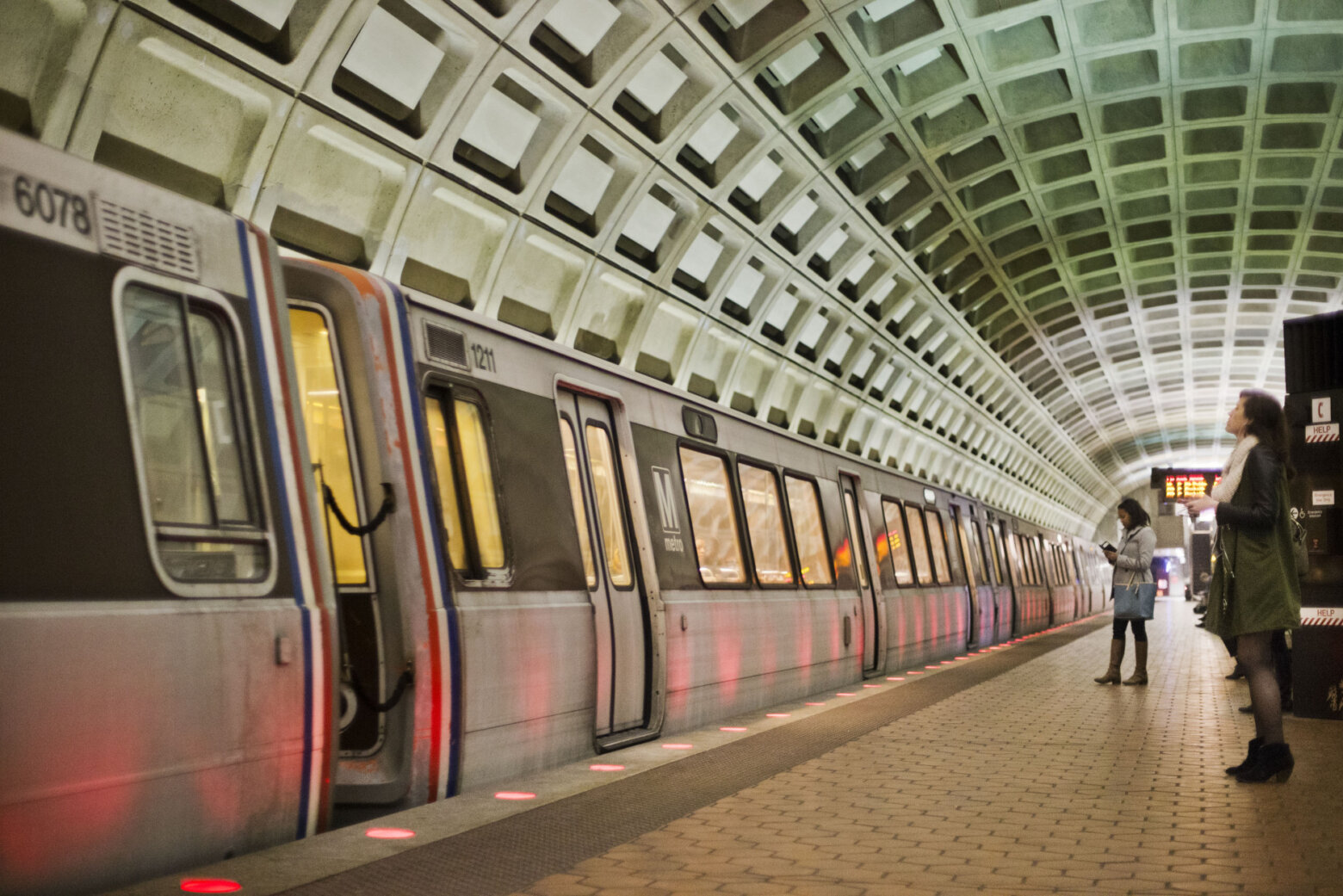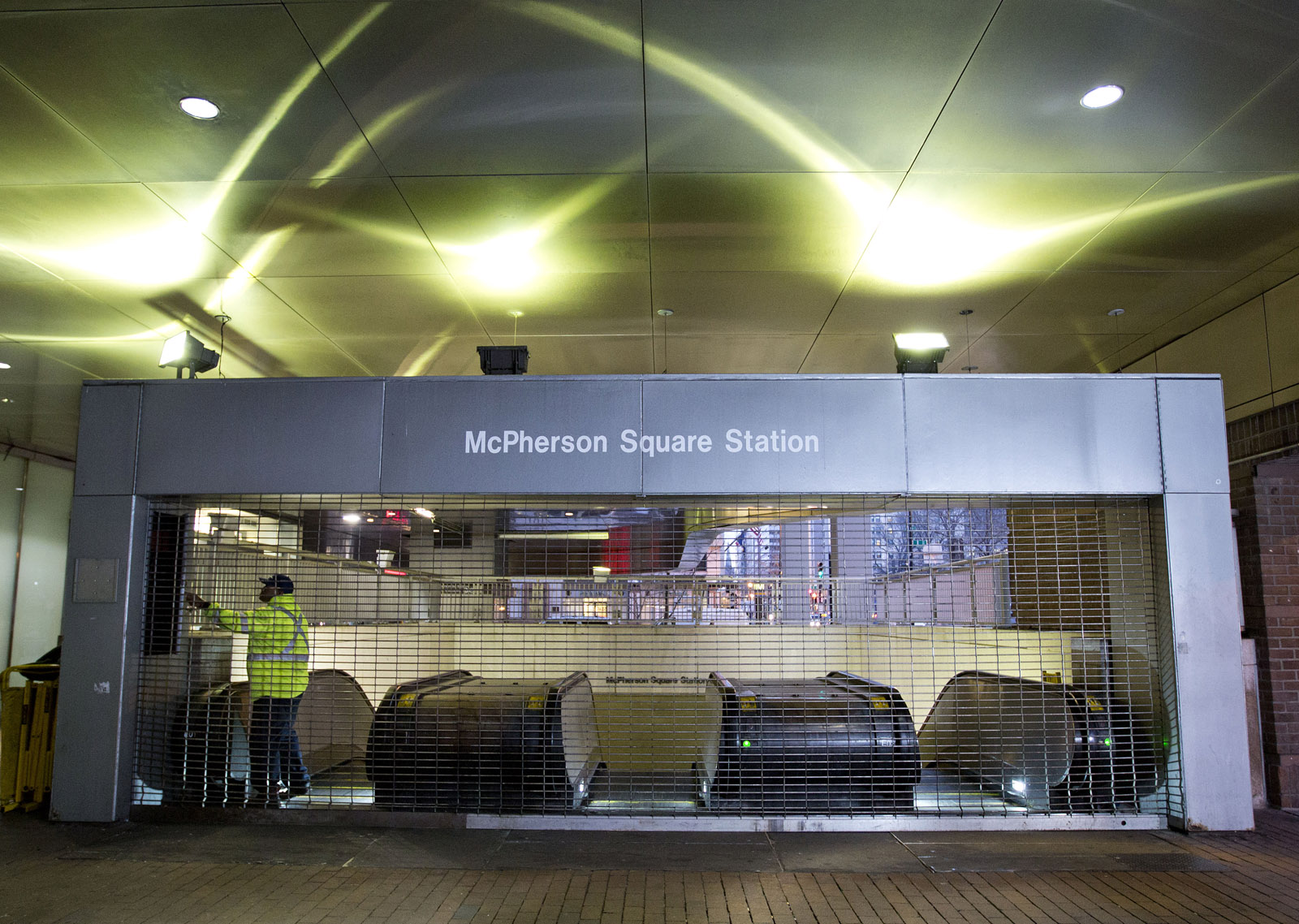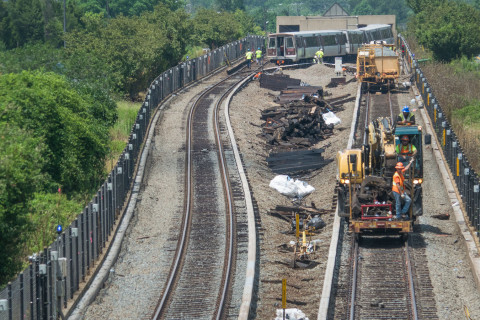WASHINGTON – As the Federal Transit Administration tries to monitor safety on Metro, it is learning on the fly and safety inspectors could face burnout and stress, an internal watchdog finds.
An audit by the U.S. Department of Transportation’s Office of the Inspector General finds that the FTA is facing significant challenges in carrying out increased rail safety oversight across the country, especially since taking direct safety oversight of Metro last year.
“According to FTA officials, once they assumed direct safety oversight for WMATA Metrorail, other work was put on hold,” the audit stated.
Other transit agencies say safety guidance and other communication slowed to a crawl.
The agency has issued a series of safety directives and reports aimed at improving safety in the Metro system. Two inspectors just barely escaped being struck by a speeding train last month.
The FTA has no finalized policies and procedures for its oversight of Metro, which the audit says has caused “significant frustration and some confusion” at Metro and Metro’s old safety oversight group, the Tri-State Oversight Commission.
However, the agency said that its authority is rooted in federal law, and the written procedures to follow can only truly be put together after the full inspection team has “substantially more” experience in the oversight roles.
Other significant limitations include worries that transit agencies and the FTA have about improved safety data being used against them in lawsuits.
Right now, national safety reporting data is not very detailed, which the audit finds can make it difficult to identify root causes of problems and possible solutions on a nationwide level for issues like trains running red signals, operators who have medical issues, and workers on the job for too many hours.
Efforts to increase the level of data collected have been met by the concerns over the use of data in court and by questions about how detailed the information collected should be.
The FTA agreed with all seven recommendations from the audit, which also included finalizing real policies on how and when the feds would take over direct safety oversight from states and how that oversight could be returned to the local level. Plans would be in place in the next year or two.
In the Washington area, Maryland, Virginia and the District have promised to approve a new Metro Safety Commission by early next year.
The audit finds direct federal oversight of Metro has significantly cut the FTA’s ability to oversee safety in other transit systems across the country. FTA officials told the Office of the Inspector General that oversight needs are heightened across the country given the steep maintenance backlog of $86 billion dollars and growing.
The FTA has had trouble hiring and retraining enough experienced inspectors and experts in a very competitive field to meet safety oversight needs.
FTA officials attributed it to several factors, including a small talent pool, fierce hiring competition, the temporary nature of the nature and federal hiring practices.
“As a result, FTA officials reported difficulty balancing FTA’s usual safety oversight workload with the resource-intensive direct safety oversight of WMATA Metrorail and expressed concern about… staff burnout and stress,” the audit stated.
Small teams of inspectors are spending many hours in the Metro system each week.
Using lessons learned from the Metro safety oversight example, the FTA plans to create a “how-to manual” for any future takeovers of safety responsibilities.
“Without finalized policies and procedures in place, FTA is at risk of not fully meeting its direct safety oversight goals and objectives, clarifying its plans for industry stakeholders, or establishing its oversight decisions as nonarbitrary actions,” the audit found.
There are separate issues identified in the audit tied to safety standards for transit vehicles since current federal rules are only voluntary.







